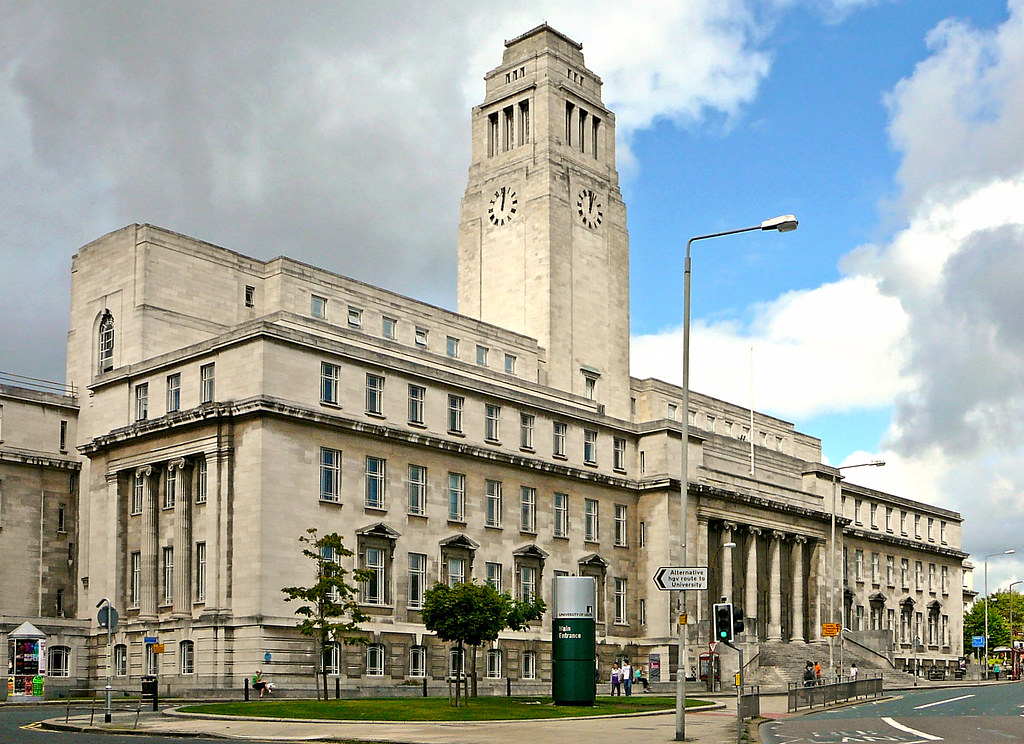
Introduction
As the world faces mounting challenges related to climate change and urbanisation, the transportation sector is undergoing a significant transformation. Trains, as a mode of transport, play a pivotal role in this shift towards sustainability. With their ability to move large numbers of passengers and freight efficiently and with a smaller carbon footprint compared to road or air travel, trains represent a key component in the quest for an eco-friendly future.
The Current State of Train Travel
Recent trends indicate a growing interest in rail travel, particularly in the wake of the COVID-19 pandemic, where people are seeking safer alternatives to crowded public transport. According to the latest figures from the Office of Rail and Road, the UK rail industry saw a gradual recovery in passenger numbers, with a reported increase of 10% in the first quarter of 2023 compared to the previous year.
Simultaneously, major investments in railway infrastructure are being made across various countries. For instance, the UK government has allocated £44 billion for improvements to the rail network over the next three years, focusing on modernisation and sustainability. This includes upgrades to tracks, electrification processes, and enhancing services to make rail travel more appealing.
Environmental Benefits
One of the most significant advantages of trains is their lower environmental impact. Trains powered by electricity, particularly those that utilise renewable energy sources, contribute significantly less to greenhouse gas emissions when compared to cars and planes. According to research by the International Energy Agency, rail travel can be up to three times more energy-efficient than road travel and up to five times better than air travel.
Technological Advancements
The future of trains is also looking brighter due to technological advancements. Innovations such as hydrogen-powered trains and high-speed rail systems are being developed and implemented. For example, Germany recently launched its first hydrogen-powered passenger trains, which promise to reduce reliance on diesel engines and boost the environmental credentials of rail transport.
Conclusion
In conclusion, trains are not just a mode of transportation; they are a critical component in the journey towards a sustainable future. With increased investment in rail infrastructure, continuous technological innovations, and a growing awareness of environmental concerns, trains are set to play an increasingly vital role in both passenger and freight transport. As we move forward, embracing train travel should be a priority for both policymakers and the public, ensuring that we contribute to a greener planet while enjoying the benefits of efficient transport.
You may also like

Leeds Train Station: A Key Transport Hub in the UK

The Importance of ScotRail in Scotland’s Transport Network
